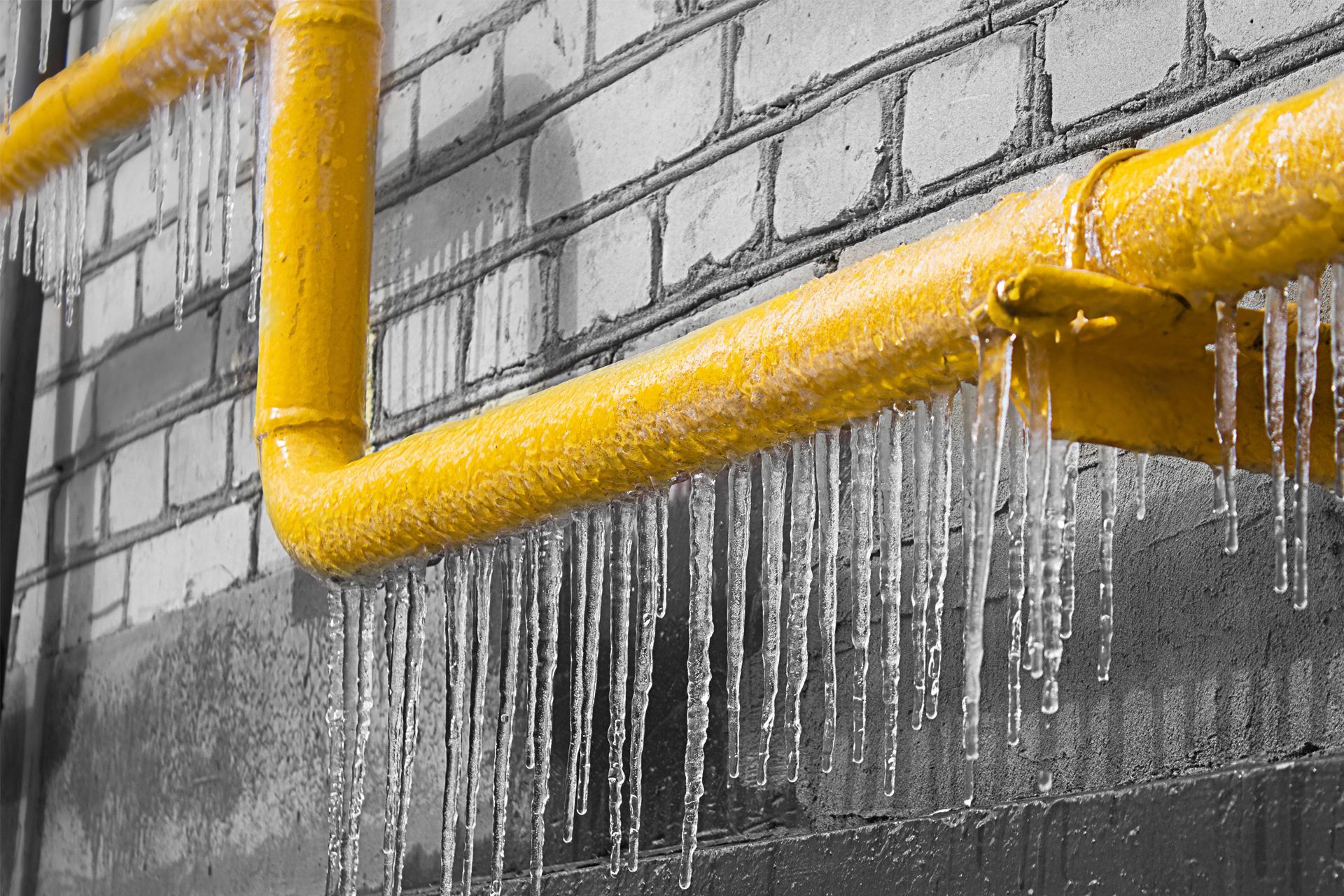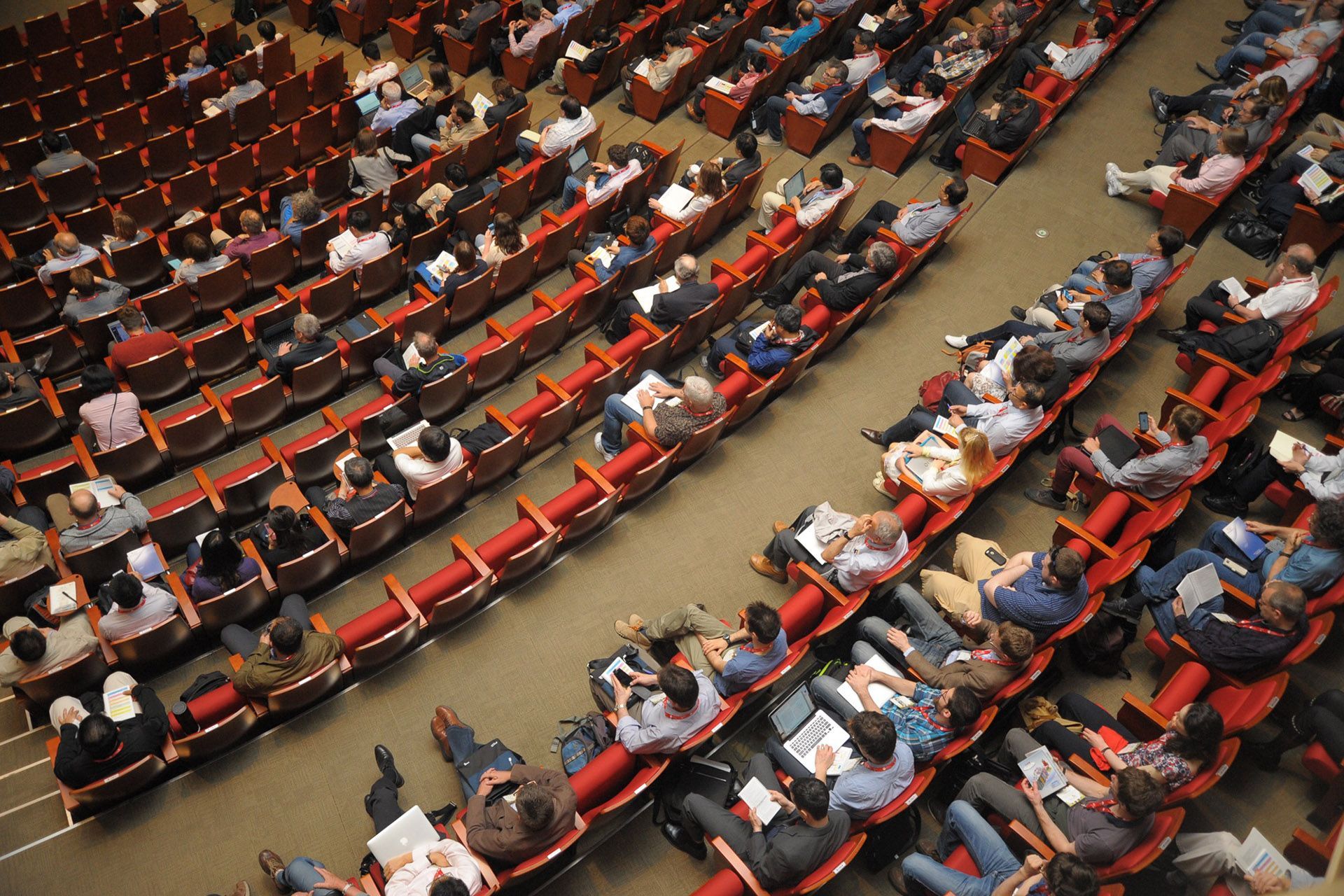4 Kinds of Maintenance for Your Facility Assets
When we talk about cost savings in asset management and maintenance, what does that really mean?
Some will say it’s the bottom-line numbers in a proposal, while others might suggest it’s about fixed-cost programs, which offer financial predictability for budgeting.
Neither answer is necessarily incorrect, but it’s also important to acknowledge the impact an onsite facilities team has in managing day-to-day costs—especially when it comes to maintenance and asset upkeep.
An experienced team will know how to predict and control these costs. This takes good instincts and the confidence to talk about the long-term savings of some short-term expenses. Most of all, it requires a well-thought-out plan that accounts for your facilities program’s unique goals and circumstances.
From boilers to leaf blowers, over time your facilities team will maintain, repair, or replace every piece of your building’s equipment. The question is how often and under what circumstances you want those repairs done.
4 Kinds of Facilities Asset Maintenance
You may see different terms or slightly different approaches to maintenance programs, but generally speaking, you can expect to see four kinds of asset maintenance in your facilities programs: preventive, planned, responsive, and emergency.
Preventive Maintenance
Preventive maintenance refers to regularly-scheduled tasks that keep your building’s equipment in good working order. This is done before equipment is in immediate need of repair and helps prevent more expensive repairs over time.
Preventive programs are carefully designed to manage long-term costs. Through data-driven decisions, your facilities provider will schedule routine check-ups that can help avoid costly downtime and actually extend the life of your school’s valuable equipment.
The right facilities management team will have a roster of qualified specialists to work with, either on staff or as reliable subcontractors. This means your boiler inspection won’t be delayed while your provider looks for available technicians.
Cost Savings
As educational institutions at every level face budgetary constraints, preventive maintenance is one of the best things you can do to avoid unexpected expenses. Scheduled inspections and maintenance of your equipment can save money by reducing unplanned, costly emergency repairs.
Safety
One way to reduce workplace accidents is by ensuring all equipment is functioning safely and properly. Preventive maintenance, of course, is a key element in a safer work environment.
Efficiency
Regular check-ups help predict how well, and for how long, each piece of equipment will run. More insight equals fewer breakdowns, so you’re allowing your facilities team to work more efficiently, keeping team members on task and on schedule.
Planned Maintenance
Like preventive maintenance, planned maintenance is done before problems arise. But it’s different from preventive maintenance in that it includes tasks with a cycle longer than one year. This can include painting buildings, flood coating of roofs, and seal coating of parking lots, for example.
Cost Savings
Planned maintenance is a must for any education client looking for cost savings. An experienced provider will know when these longer-term activities typically need to be performed and can work them into the budget accordingly.
Comfort
You want a comfortable educational environment for students, staff, faculty, administrators, and the community. A planned maintenance program contributes to their comfort by scheduling projects long in advance.
Responsive Maintenance
Responsive maintenance is non-emergency corrective work done as problems arise. It can range from basic, unplanned work that corrects nuisances – a flickering fluorescent light, for example–to non-emergency tasks involving moderate to major repairs that require skilled technicians.
This is the most high-profile kind of maintenance in educational facilities, since issues are often reported by staff or students. Your facilities team should be able to respond quickly, using effective job-routing and staffing to get the job done.
Can Be Low-Cost
Some responsive maintenance will always be necessary, and you should have a well-trained facilities team in place to handle it. However, because responsive work is done only when needed, a strong preventive program (and maybe a little luck) can keep responsive maintenance costs to a minimum.
Emergency Maintenance
Emergency maintenance is, by definition, urgent and unplanned–which makes it costly in terms of dollars spent, the comfort of your staff and students, and the time diverted from your core mission of education. A well-managed program will make emergency repairs far less common and far less expensive.
The goal for administrators is to reduce the need for emergency repairs through preventive, planned, and responsive maintenance.
This article adaptation is from our partner, HES Facilities Management. HES is a premier national provider of facilities management services focused 100% on educational institutions.

Ask a School Insurance Underwriting Expert: As Winter Approaches, How Can We Protect Our Facilities?
Association of Business Administrators
of Christian Colleges
4578 Hidden Ridge Drive
Hudsonville, MI 49426
(877) 303-8666
Empowering Christian Business Officers
Fulfill your calling, solve challenges, and maximize resources to accomplish the mission of Christian higher education.










